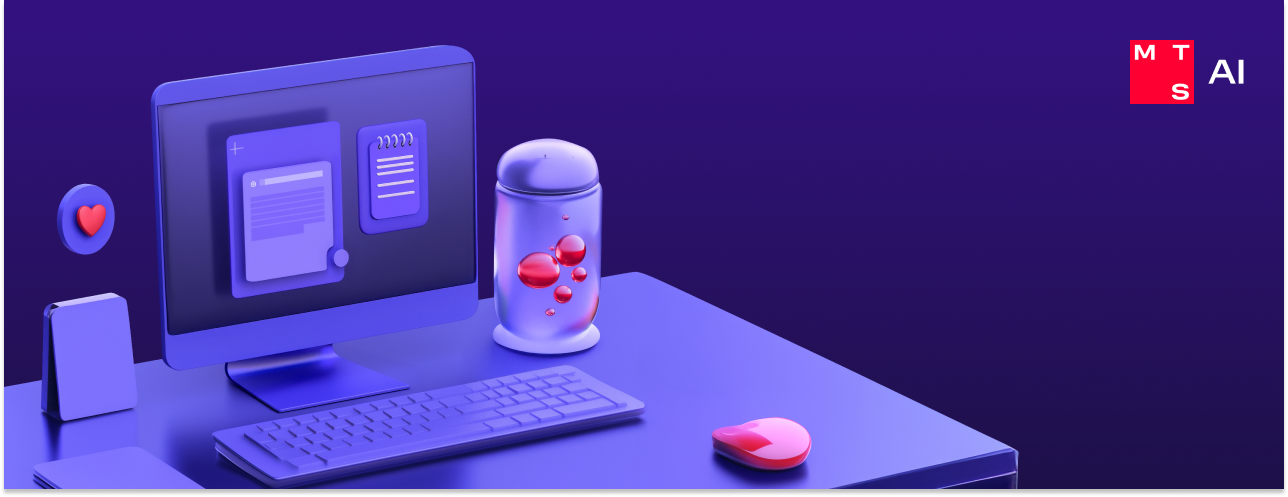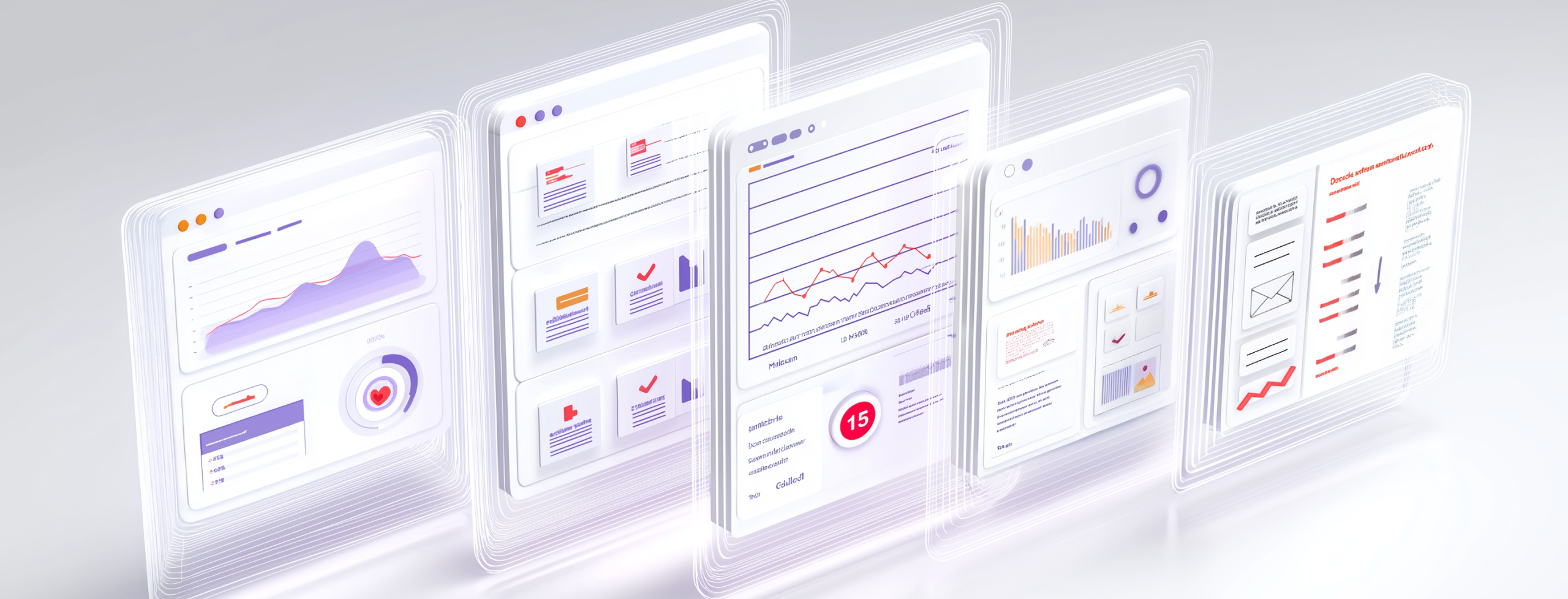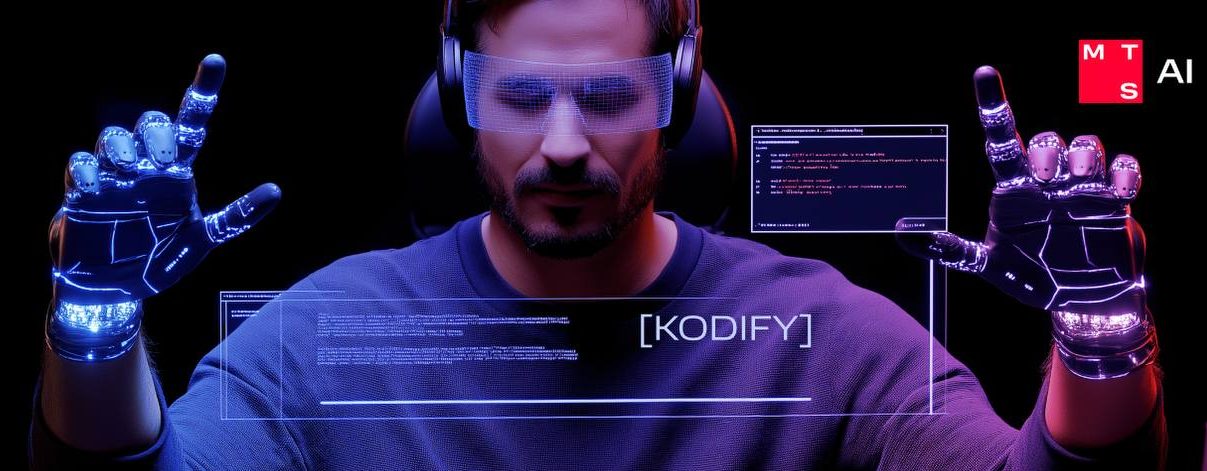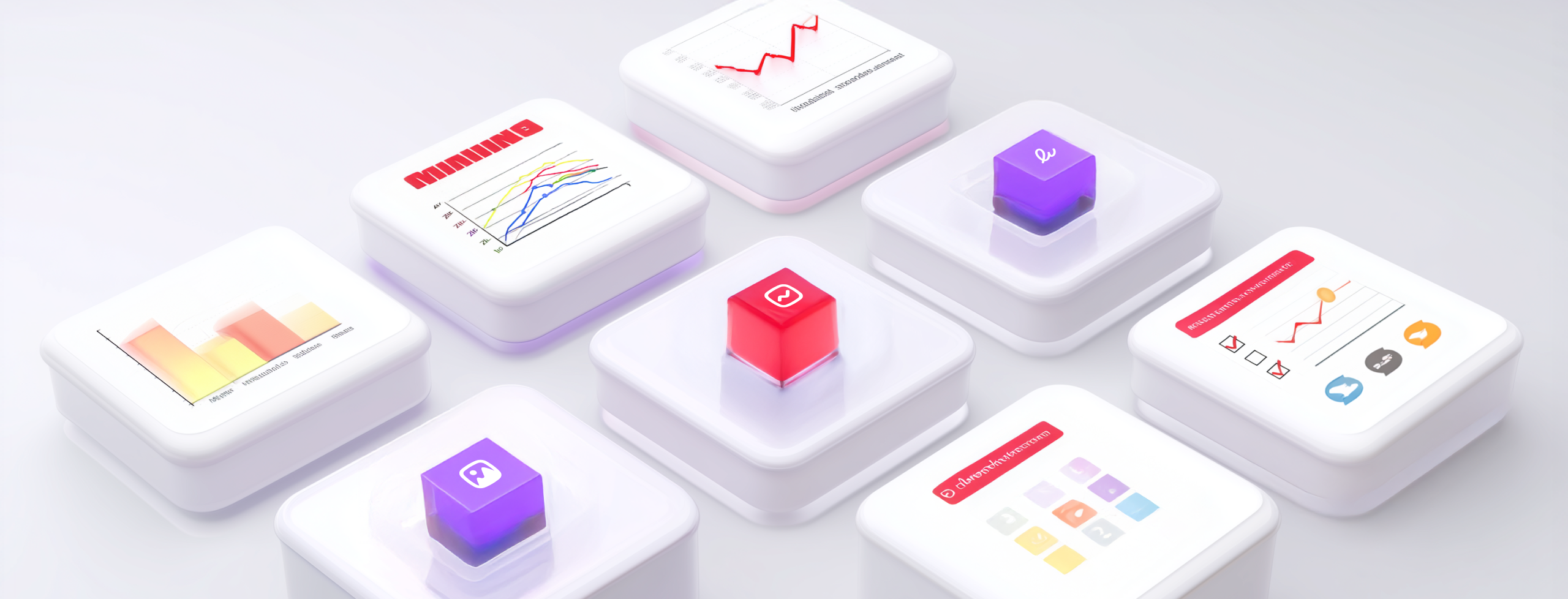At the CIPR Conference, MWS AI announced the launch of two business AI copilots powered by the 2nd generation Cotype Pro 2 large language model. These tools search for and analyze documents, as well as process the retrieved data. All business units, from production to customer support, can benefit from these AI assistants. They are compatible with domestically produced software and hardware and can be deployed as corporate chat bots in a closed circuit.
Users can form their own search bases for their assistants by linking them to corporate documents, correspondence, in-house systems or any other data. The amount of linked data is unlimited and has virtually no impact on the query processing rate (assuming there are no other limitations).
“AI assistants’ transformative potential lies in their ability to scale operations at all corporate levels without requiring proportional manpower expansion. Our models are trained on unique business datasets that have millions of solutions; we are focused on cases that offer measurable financial results, including direct cost reduction, operational expansion without cost increase, and new revenue generation,” says Denis Filippov, CEO, MWS AI.
Traditional information search is keyword-based, often resulting in imprecise results due to wording variations, lack of context or the need to analyze lots of documents manually. The AI assistants use semantic search: they understand what the query means, find relevant information even if the wording is imprecise, automatically analyze data from trusted sources, combine it, and present a clearly structured response with links to sources.
The classic analytics process that does not involve AI assistants requires a professional skilled in SQL, a specialized programming language. The manager formulates a query and passes it to the analyst who manually writes the SQL query, downloads data, checks it for accuracy and prepares a spreadsheet or diagram report. This process takes time, creates a dependency on certain professionals, and increases the risk of data processing errors. The AI assistant delivers analytical reports instantly via search queries, eliminating the need for coding, cutting down decision making time and reducing operational costs. The AI assistants have been tested in client support, legal, and production departments. In client support, the AI assistant categorizes requests, aids with a prompt search of the relevant information in corporate knowledge bases and provides context-sensitive help and response templates for operators. For the legal department, it supports contract archive searches, case law reviews and the forming of document templates. In production, the AI assistant uses text descriptions supplied by process engineers to analyze defects, automatically checks conformance to standard operating procedures, process guidelines and reference documentation, while also offering adjustments based on historical data and specific documents.












